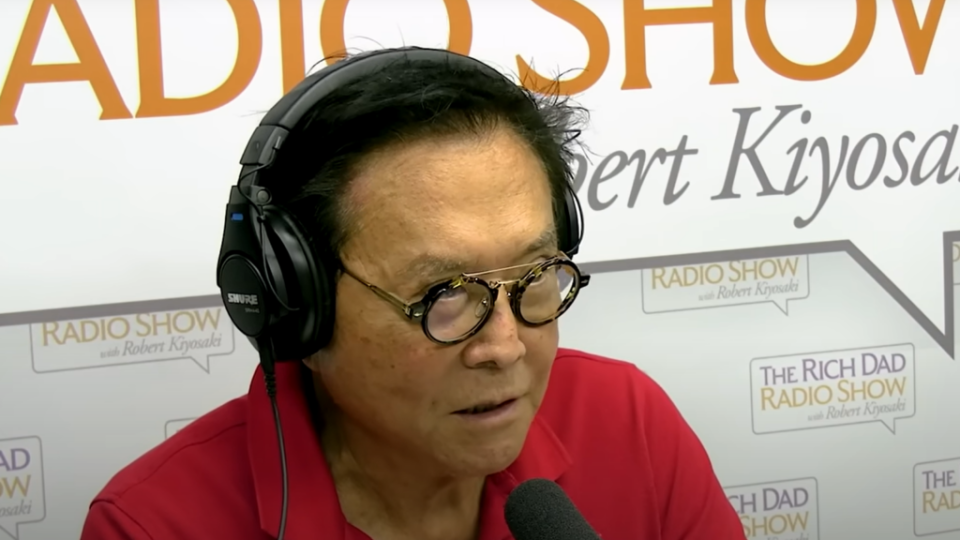Robert Kiyosaki, a best-selling author and seasoned investor, has a distinct philosophy on debt and investment. In a Nov. 30 Instagram reel, Kiyosaki elaborated on his debt philosophy, highlighting a critical distinction between assets and liabilities.
He said many people use debt to buy liabilities, while he uses debt to purchase assets. To illustrate his approach, Kiyosaki said his luxury vehicles, like a Ferrari and a Rolls Royce, are fully paid off, categorizing them as liabilities rather than assets.
In the reel, Kiyosaki also expressed skepticism toward saving cash, referencing the U.S. dollar’s detachment from the gold standard in 1971 under President Richard Nixon. Instead of saving cash, he saves gold and converts his earnings into silver and gold. This strategy, according to Kiyosaki, has led to an accumulation $1.2 billion in debt, an amount he admits to. He says he is in debt because “if I go bust, the bank goes bust. Not my problem.”
Don’t Miss:
His approach involves using debt strategically to enhance wealth. Kiyosaki categorizes debt into good debt and bad debt, with good debt being that which helps build wealth, such as loans used for acquiring income-generating assets like real estate, businesses or investments. He advocates using debt as leverage in investments, particularly in real estate, seeing it as an effective way to ride market fluctuations and capitalize on opportunities.
Kiyosaki’s investment strategy is multifaceted. He is known for his stance against fiat money, labeling it in derogatory terms and instead advocating for investment in what he calls “real assets” like Bitcoin, silver, gold and Wagyu cattle. Bitcoin, in particular, is a favorite of his, perceived as a hedge against the deteriorating value of the U.S. dollar. Kiyosaki views gold, another key component of his portfolio, as more stable and reliable than cash, which he calls “trash” because he just doesn’t “trust the frickin’ dollar.” He has expressed a willingness to increase his gold holdings even if prices drop significantly.
Silver, too, forms a significant part of his investment strategy. He views it as a long-term investment, particularly because of its increasing rarity and relatively lower price compared to gold. Real estate remains a cornerstone of his investments, valued for its dual benefits of rental income and capital appreciation. His investment in Wagyu cattle, a less conventional asset, reflects his belief in diversifying his portfolio beyond traditional investments.
Kiyosaki’s approach to debt and investment is rooted in a broader perspective on finance and wealth. He views money as a form of debt or obligation, a tool that can be used for acquiring assets and generating wealth. His philosophy emphasizes education in finance, suggesting that people should be well-informed about financial matters.
While Kiyosaki’s methods have been successful for him, they come with risks, as illustrated by his past financial troubles, including filing for bankruptcy in 2012 after a legal dispute over royalties.
Read Next:
“ACTIVE INVESTORS’ SECRET WEAPON” Supercharge Your Stock Market Game with the #1 “news & everything else” trading tool: Benzinga Pro – Click here to start Your 14-Day Trial Now!
Get the latest stock analysis from Benzinga?
This article ‘Rich Dad, Poor Dad’s’ Robert Kiyosaki Says He’s $1.2 Billion In Debt Because ‘If I Go Bust, The Bank Goes Bust. Not My Problem’ originally appeared on Benzinga.com
© 2024 Benzinga.com. Benzinga does not provide investment advice. All rights reserved.
Credit: Source link




